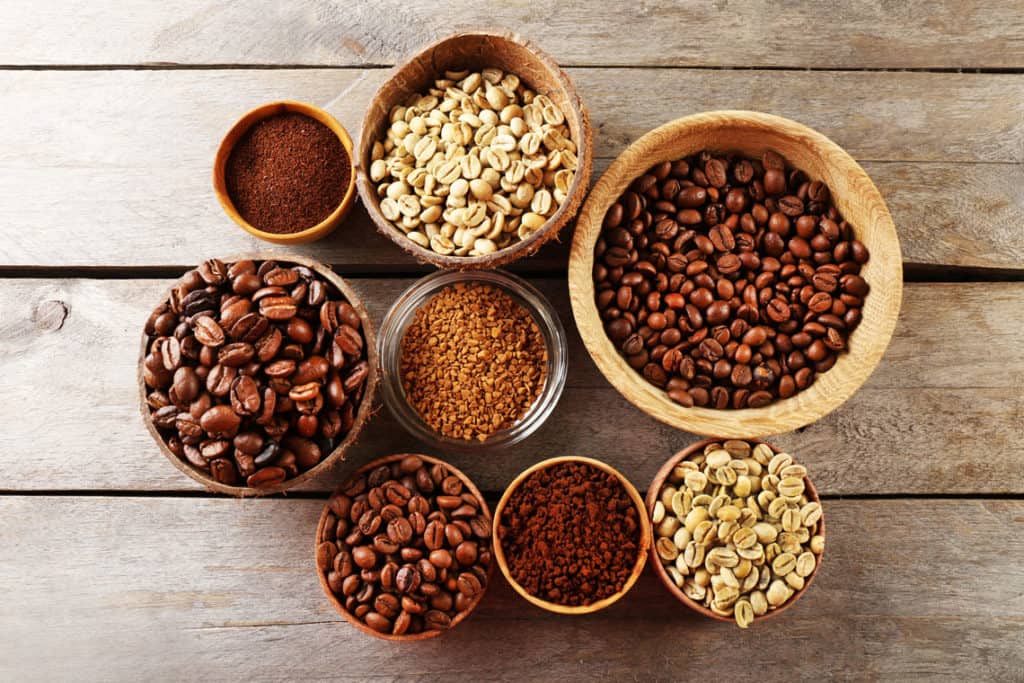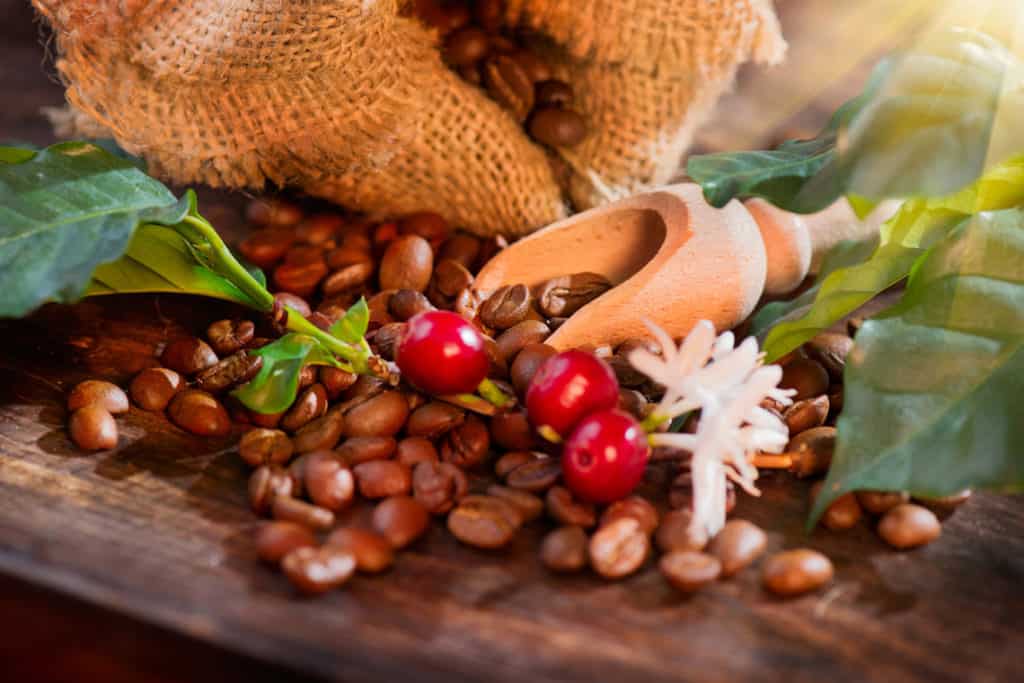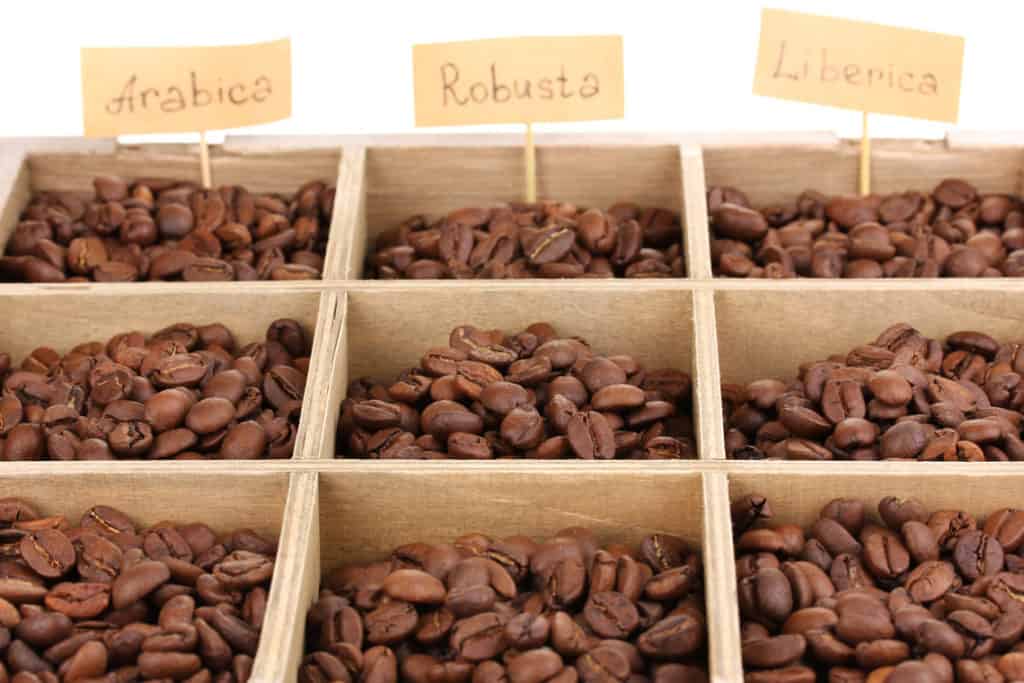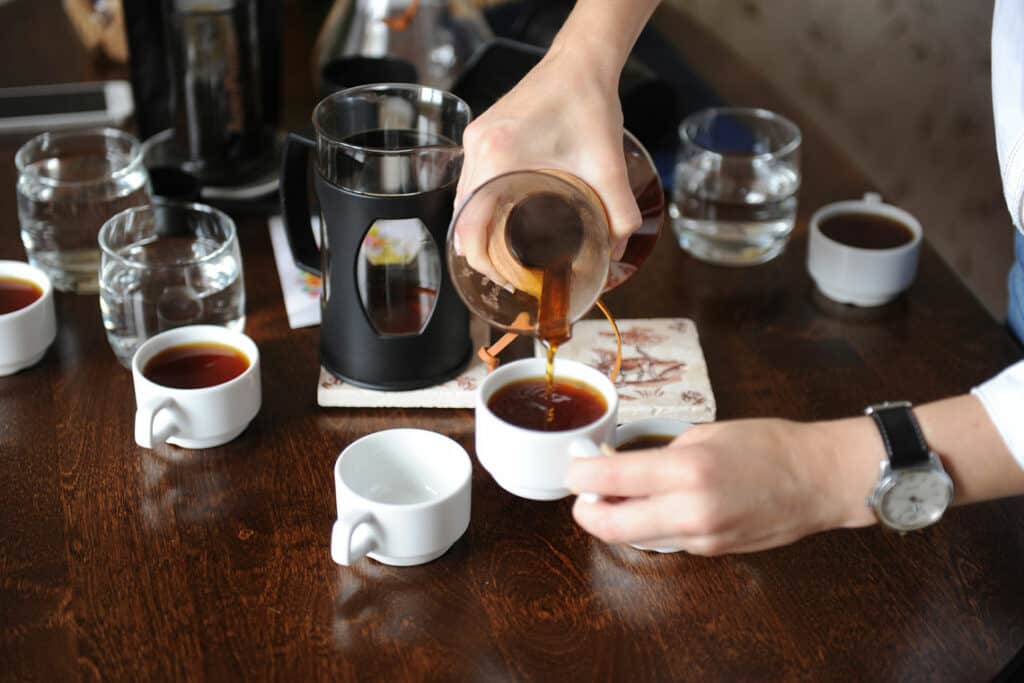Have you ever wondered how coffee quality is measured and communicated across the industry? Meet the Q-Graders, the certified professionals who can evaluate Arabica coffee through their expert senses of smell and taste. They are like the sommeliers of the coffee world, but with more caffeine and less wine.
Q-Graders are trained by the Coffee Quality Institute (CQI), a non-profit organization that works to improve the quality of coffee and the lives of the people who produce it. There are only about 5000 Q-Graders worldwide, working in various sectors, from coffee farms to cupping labs. They have a superpower to decode coffee quality just by using their senses!
But how do they do it? And how can you become one? Let’s find out.
The History and Origin of the Q Grader Program
The Q Grader program was launched in 2004 by the CQI to address the need for a standardized and objective system of evaluating and communicating coffee quality across the industry.
Before the Q Grader program, there was no common language of quality that could be used by producers, exporters, importers, roasters, and consumers. Each group had its own preferences and criteria for judging coffee, often leading to confusion and inconsistency. The Q Grader program aimed to solve this problem by providing a rigorous training and certification process for professionals who could assess the quality of Arabica coffee through smell and taste.
The Q Grader program has evolved over time to include different certifications for different types of coffee. In addition to Q Arabica, which covers the most widely consumed species of coffee, there is also Q Robusta, which covers the second most popular species often used in blends and instant coffee. There are also Q Processing and Q Instructor programs, which focus on the post-harvest processing methods and the teaching skills of Q Graders, respectively.
The Q Grader program has achieved many milestones since its inception. As of 2020, there are over 7,000 certified Q Graders in over 80 countries, working at every level of the coffee value chain. There are also more than 200 certified labs and trainers around the world that offer Q Grader courses and exams. The Q Grader program has become a globally recognized benchmark for coffee quality.
The Benefits of Becoming a Q Grader
Becoming a Q Grader is not easy. It requires six full days of intense training in a lab certified by SCA (Specialty Coffee Association). The participants learn olfactory techniques (smell analysis) and sensory skills, as well as cupping protocols, how to triangulate coffees (find the “odd” one out of three), how to match organic acids, and how to identify roast levels.
They also have to pass 22 exams that test their knowledge and abilities on various aspects of coffee quality, such as green grading, sensory triangulation, cupping skills, olfactory skills, organic acids matching, roast identification, and general knowledge.
But why go through all this trouble? What are the benefits of becoming a Q Grader?
Here are some reasons why you might want to consider it:
- You will gain a deep understanding of coffee quality and how it is influenced by factors such as origin, variety, processing method, roasting profile and brewing technique.
- You will be able to communicate objectively and confidently about coffee quality with other professionals using a common language and a standardized system.
- You will be able to identify areas for improvement and provide feedback to producers, exporters, importers and roasters on how to enhance their coffees.
- You will be able to make informed decisions about buying, roasting and brewing coffee based on quality criteria.
- You will be able to expand your career opportunities in the coffee industry as a Q Grader is an industry essential. Many employers require their quality control personnel, roasters, green buyers and exporters to be Q Graders.
- You will be part of a global network of coffee professionals who share a passion for quality and a commitment to excellence.
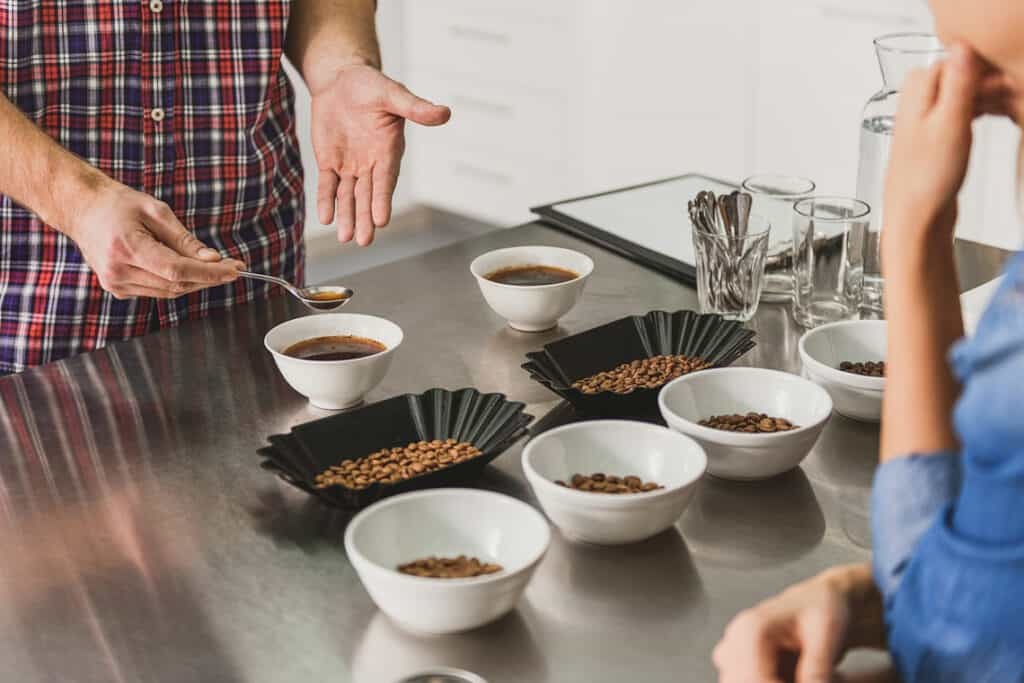
How to Become a Q Grader
If you are interested in becoming a Q Grader, you must meet some prerequisites before enrolling in a course. You will need the following:
- To be at least 18 years old
- To have at least two years of experience in the coffee industry
- To have basic cupping skills
- To have no health issues that might affect your sensory abilities, such as allergies, colds or infections
- To have a valid passport or ID card
Once you meet these requirements, you can look for a certified Q Grader course near you. You can find a list of upcoming courses and locations on the CQI website. The course fee varies depending on the location and the trainer, but it usually ranges from $1500 to $2500 USD.
You will also need to prepare for the course by studying the Q Arabica Grader Manual, which you can download for free from the CQI website. The manual covers all the topics and skills that you will need to master for the exams. You can also practice your cupping and sensory skills by joining local cupping events or visiting coffee labs.
The course itself will consist of lectures, demonstrations, exercises, and exams. You will need to pass all 22 exams with a score of 80% or higher to become a certified Q Grader. If you fail any exam, you can retake it once during the course. If you fail more than three exams, you cannot continue the course.
You will receive a Q Grader certificate and a Q Grader pin if you successfully complete the course and pass all the exams. You will also be listed in the CQI database of certified Q Graders. Your certification will be valid for three years, after which you will need to recertify by taking a calibration exam.
Conclusion
Q-Graders are coffee experts who can taste quality and communicate it objectively across the industry. They are trained and certified by the CQI, a non-profit organization that works to improve the quality of coffee and the lives of the people who produce it.
The benefits of becoming a Q Grader include gaining a deep understanding of coffee quality, providing feedback and making informed decisions, expanding your career opportunities and joining a global network of coffee professionals.
If you are passionate about coffee and want to take your skills to the next level, you might want to consider becoming a Q Grader. It will open your eyes and palate to a new world of coffee quality.
Last Updated on June 18, 2023 by Cristina Vélez

